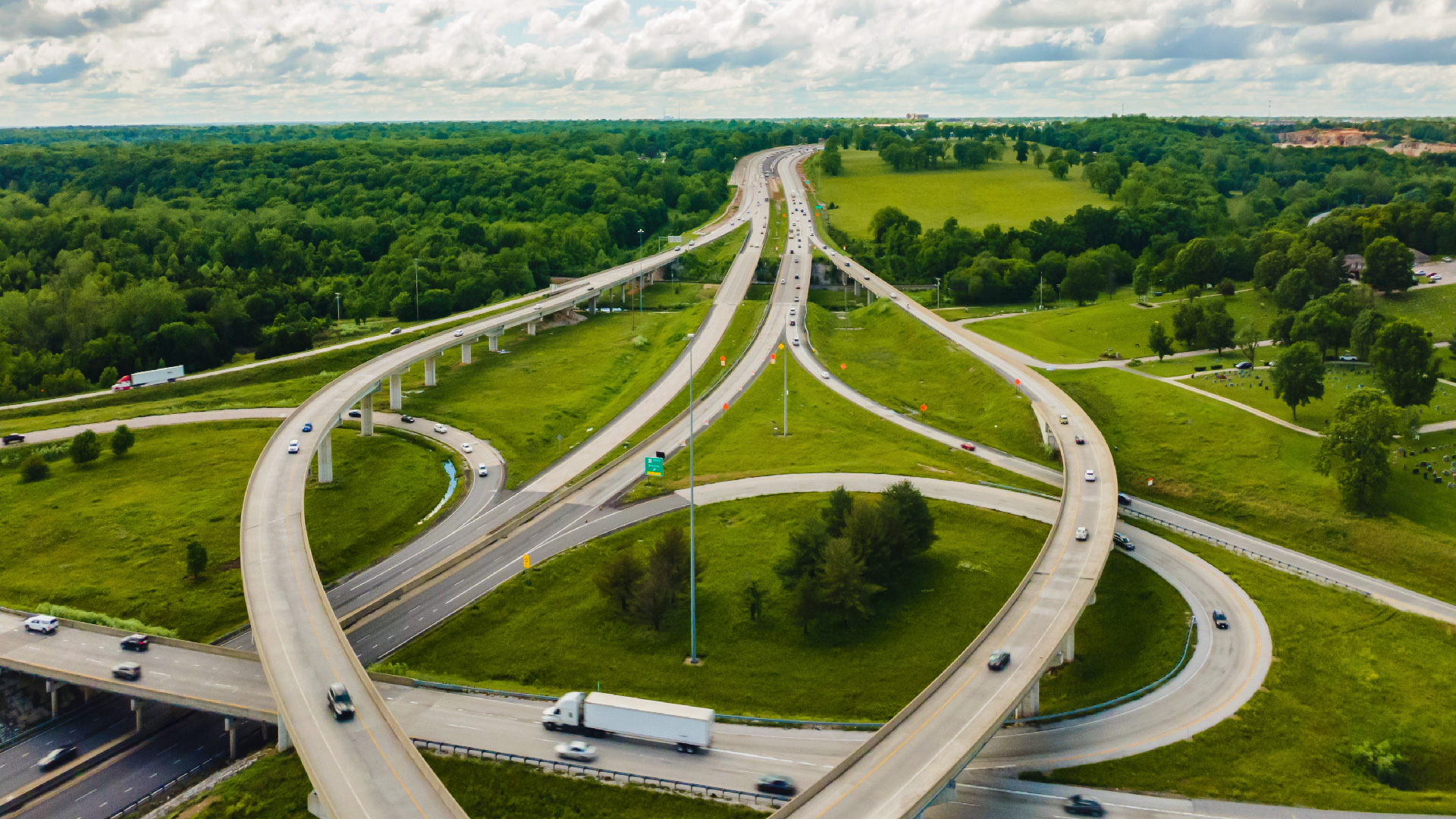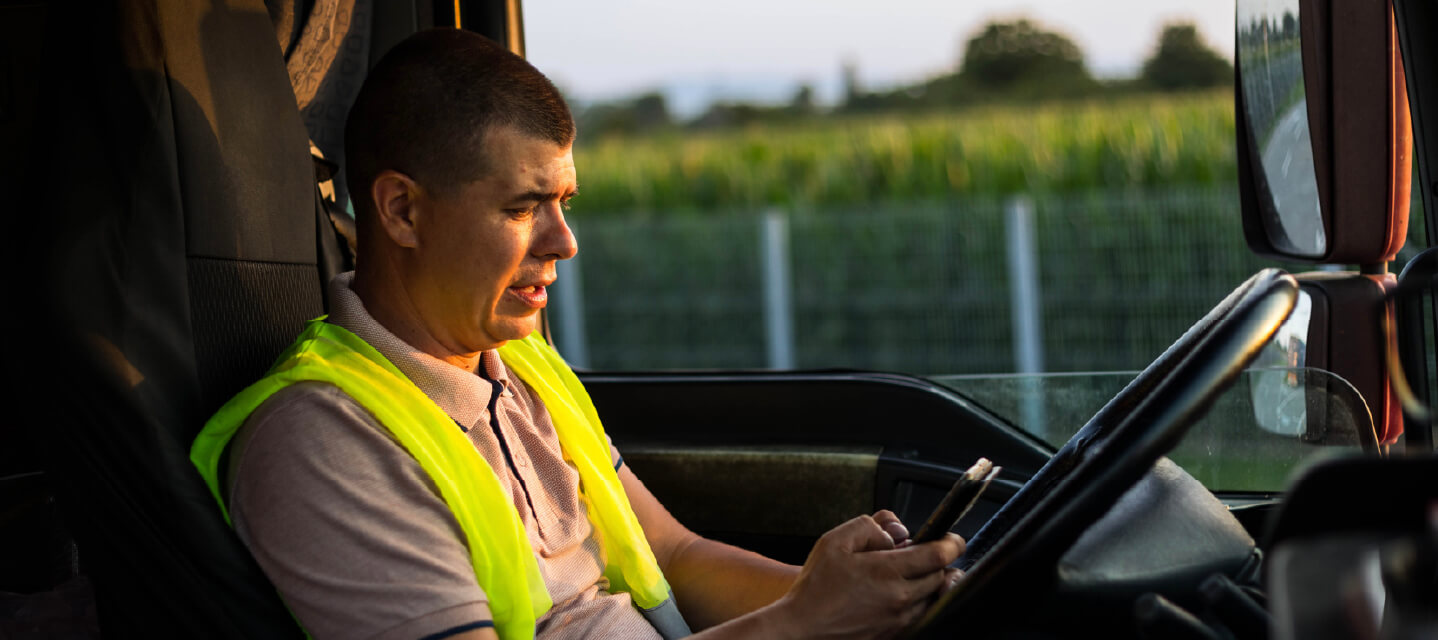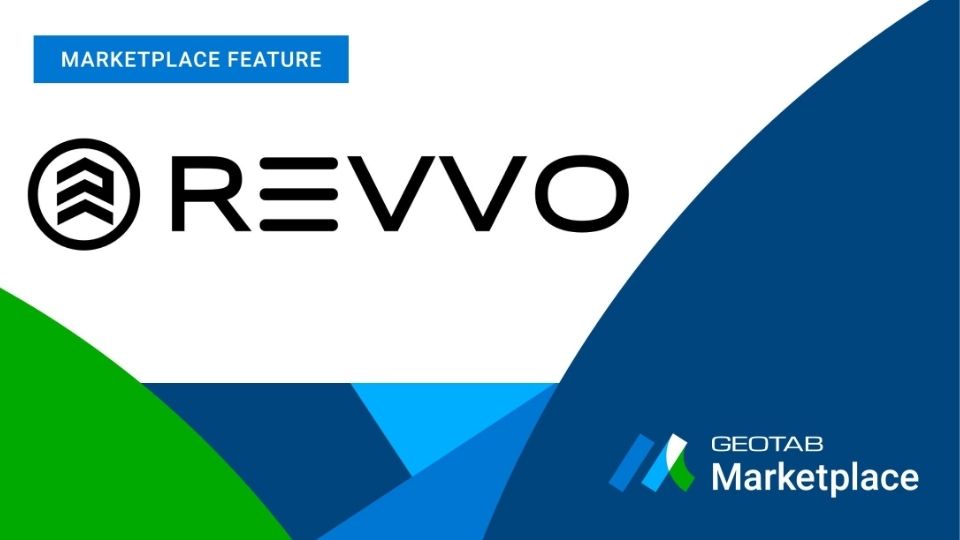5 questions to ask when choosing vehicle camera solutions
See how adding video camera solutions can provide a competitive advantage.


Adding video to your fleet management strategy has many benefits. Mounted inside or outside the vehicle, video camera solutions provide important real-world data for driver coaching and safety. How do you choose a camera solution? Here are five questions to ask, before you decide on which dashcam to buy.
1. What problem are we trying to solve?
This seems like an obvious thing to ask: “What problem are we trying to solve?” However, this is the single most important question to ask, and is often overlooked.
Consult your business partners or other members of your organization to uncover the issues that need action. Discuss cameras in your management meetings and list the responses. You may discover some new use cases.
Here are some of the common video telematics use categories that we see:
- Driver risk management — Monitor, score and coach drivers to reduce crashes.
- Collision evidence — Capture on-road events to protect the company against litigation.
- Security recording — Use cameras to monitor the security of valuable cargo and confirm the safety and quality of customer service.
2. Who will use and manage the videos?
It’s worth taking the time to list all the people who will use the video telematics portal and the information that it provides. Who will see the data? What is their job? Will video increase or decrease their current workload?
The people on that list will depend on your use case. Some typical roles that would manage or use video data in a medium to large organization are: risk manager, fleet manager, health and safety officer, human resources manager, legal or insurance personnel, to name a few.
Failing to map out all the potential users in advance has drawbacks. In such cases, the system is underutilized. As well, if managers are not looped in early on, they could be surprised or disappointed later if it turns out the system does not meet their expectation.
3. What operations will it need to integrate with and enhance?
Integration is key for efficiency, for any kind of software, and especially video.
If you will use video cameras for first notice of loss (FNOL), you will probably want to link the system to your Claims Processing department or service. A driver risk management video workflow output will likely need to link into your HR system. If you want video to fulfill a security function, you probably need a way to share data with the group that handles incident and loss investigations.
Thinking about these linkages in advance will allow you time to research whether the solution is supported by APIs that can enable or even automate data flow between systems.
4. How will we measure success?
To measure your return on investment, there are a number of metrics you can track. Your ROI won’t always be dollars. There are so many key performance indicators (KPIs) for fleet video cameras. Here are a few ideas below of some possible data points.
Types of camera metrics:
- Risk management (Number of collisions per million miles, Risk rating)
- First notice of loss (Claims processing time, Number of at-fault claims)
- Security (Repair costs, Complaints)
Defining your success metrics in advance will make your camera search easier. You can check each camera option to ensure it delivers the analytics you need to measure performance. As well, prepare a weekly or monthly report for stakeholders to foster buy-in and support for your camera goals.
5. What are our future goals?
The final step of preparation before purchasing is to think of the future. How will your fleet change in the next 1-2 years? How about in 5 years? Take note of any upcoming shifts in business operations, vehicles or staffing. These changes will impact what dashcam features you need. Even if you won’t use these features or reports now, it makes sense to invest in technology that will stay useful in the long run.
As well, plan for success. Once you have achieved your first objectives, what will be the next goal you want to set?
Explore video and vehicle camera solutions on the Marketplace
Once you walk through these five questions, you will be well-prepared to find the ideal camera solution for your business. There is no one-size-fits-all solution. To explore all the camera options for Geotab, go to the Camera and ADAS category on the Marketplace.
Subscribe to get industry tips and insights

John Ballantyne is the Vice President of Video Product at Geotab.
Table of Contents
Subscribe to get industry tips and insights
Related posts

Creating a fleet safety culture that’s built to last: Lessons from Missouri DOT and NYC
July 7, 2025
8 minute read

The fleet safety incentive program checklist for driver engagement that lasts
June 19, 2025
2 minute read

Building a self-sustaining school bus driver safety program with Geotab Vitality
June 13, 2025
7 minute read

55+ Surprising distracted driving statistics and facts for 2025
May 30, 2025
8 minute read

